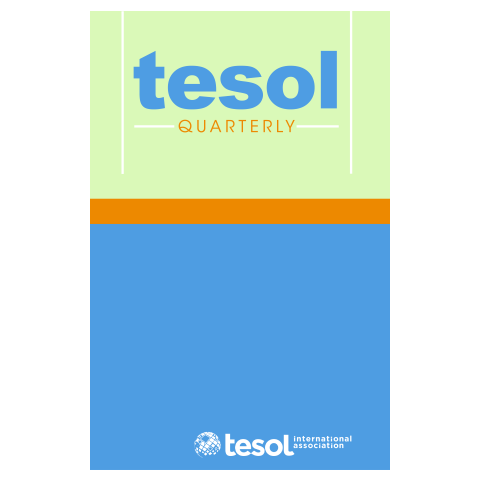Individual one-year online subscriptions to TESOL Quarterly are available to TESOL members only. Subscription costs vary by membership type.
|
TESOL Quarterly Online Subscription (scholarly journal; 4 issues per year) |
|
|
Individual Member |
$67 |
|
Global Professional |
$37 |
|
Retired Professional |
$47 |
|
Lower Income Professional |
$27 |
|
Student Member |
$27 |
|
New Professional |
$27 |
When you join or renew, you can add a subscription to your membership. Join today!
If you did not subscribe when you joined or renewed your membership, you can still subscribe. Log in to purchase a subscription!
Institutional subscriptions and individual articles are available for purchase to nonsubscribers through Wiley Blackwell.
For more information about TQ, please visit the Wiley Online Library.
Note: It takes about 24 hours to process your subscription. If you cannot access TQ online and you recently signed up, please try again later.

